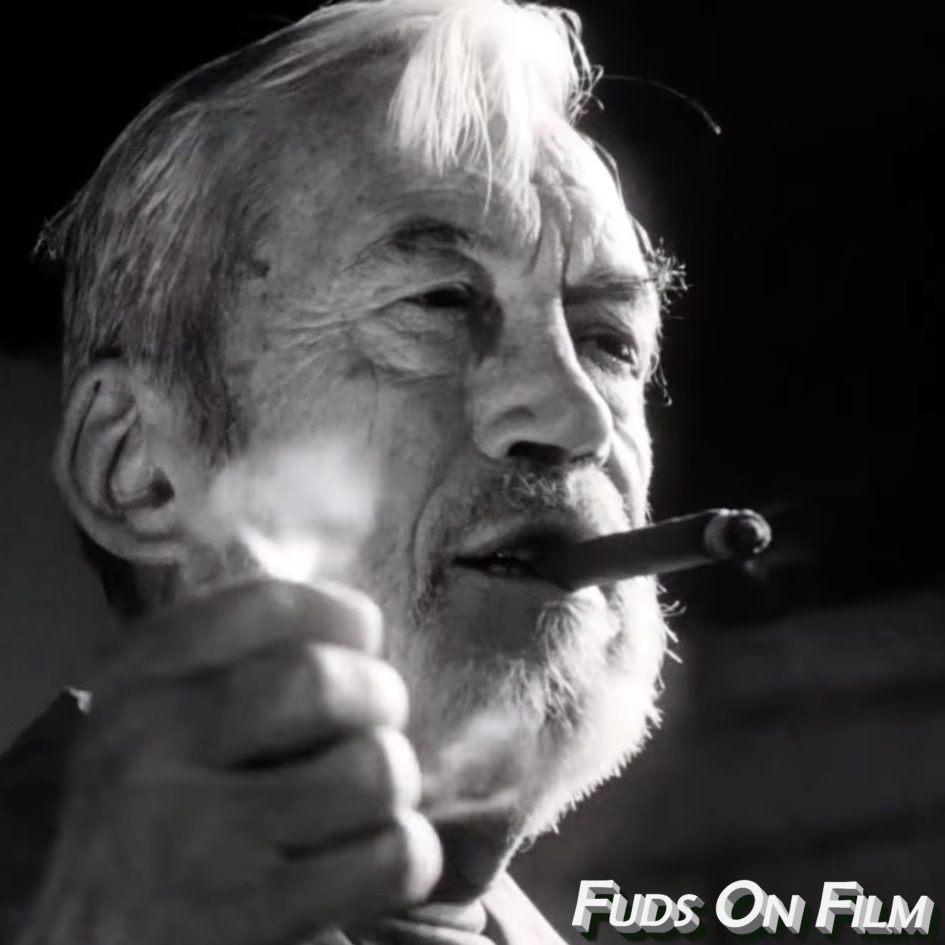What was lost has now been found, as a completed version of Orson Welles’ last film The Other Side of the Wind has been released, alongside a companion documentary, They’ll Love Me When I’m Dead. Were they worth waiting for, or do they do a disservice to his memory? Join us and find out!
Download on Soundcloud | Subscribe on iTunes | Subscribe via feed
We’ve cast a few side-eyes at Netflix’s own funded content of late, at least in the movie realm. While their episodic content has perhaps fared better, critically speaking – lord knows how many eyeballs any of their output attracts – they’re seemingly much more likely to be giving us a terrible science fiction film, like Mute or Adam Sandler vehicle than a decent science fiction film, like Upgrade, or something interesting like Okja.
Still, it seems churlish to complain, given that in the past few months they’ve not only given us a Cohen Brothers joint, but they’ve also released a new Orson Welles film, The Other Side of the Wind. Alongside this they have put together a documentary on how that film came to be, They’ll Love Me When I’m Dead, a necessary venture as Welles is, checks notes, still dead, which is traditionally seen as a barrier to directing a film.
The Other Side of the Wind is at once complex and simple, its film within a film conceit and frantically cut nature obscuring a slight story of a highly regarded, but faded director Jake Hannaford (John Huston) holding a birthday party full of his friends and enemies, some of whom may be the same person, which doubles as a first screening cum fundraiser for finishing his current titular opus. Titular both in the literal sense, and also because it mainly seems to consist of Oja Kodar wandering around with her baps out, and is otherwise divorced from meaning.
The party is a dizzying barrage of close-ups, angles and bon mots that sketch something of the character of Hannaford, and his relationships with his friends, particularly Peter Bogdanovich’s Brooks Otterlake, and also his art in a changing Hollywood system.
The documentary, They’ll Love Me When I’m Dead, goes some way to explaining quite why this has the visual stylings it does, and also why it’s something that was uncompleted in Welles’ lifetime, as well as being a document of his later life and career. In my mind at least there’s little value in talking about them independently of each other, so let’s dive in.
Thanks to everyone who has got in touch with us on this, or said kind words about the show – it’s all very much appreciated.
If you’ve been affected by any of the issues discussed today, please hit us up on Twitter (@fudsonfilm), on Facebook (facebook.com/fudsonfilm), or email us at podcast@fudsonfilm.com. If you want to receive our podcast on a regular basis, please add our feed to your podcasting software of choice, or subscribe on iTunes. If you could see your way clear to leaving a review on iTunes, we’d be eternally grateful, but we won’t blame you if you don’t. We’ll be back with you soon with something fresh, but until then, take care of yourself, and each other.


Leave a Reply